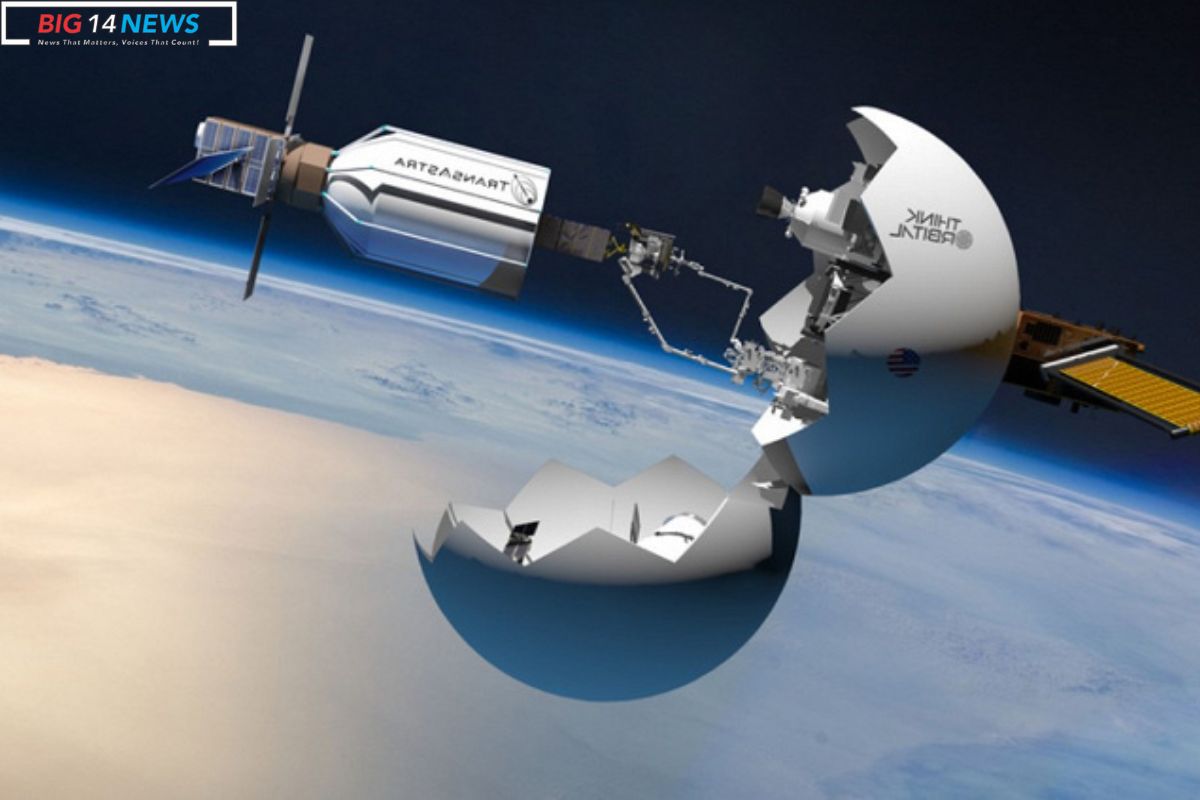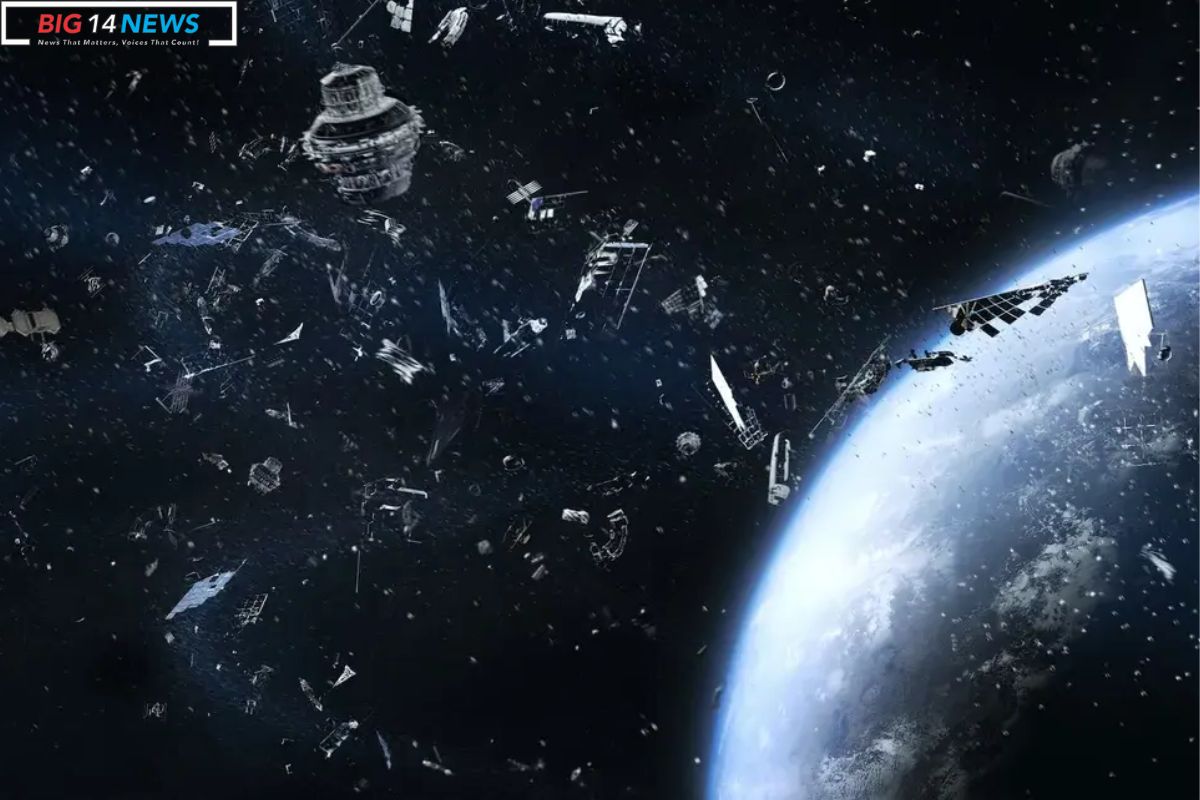NASA Grants TransAstra Dollar 850000: NASA awarded TransAstra a $850,000 contract to develop space debris-catching technology. NASA awarded the grant under the Phase 2 SBIR program. The company plans to create an inflatable bag to collect space junk and move it to a new orbit or back to Earth. The technology aims to address the issue of space junk, which endangers satellites and may cause Kessler Syndrome.
The bag TransAstra uses to catch asteroids was made by NASA for its Asteroid Redirect Mission. The bag wraps around debris and closes with inflatable struts. This helps a small spaceship grab and move debris more easily. Worker Bee, a TransAstra spaceship, could do this job. In an interview, TransAstra’s CEO Joel Sercel said, “This is great for cleaning up space junk.”
The technology has benefits over current methods. Sercel says bag technology doesn’t require special fittings or precise docking moves to catch trash. The bag can be opened, trash put inside, and closed. TransAstra believes its technology can capture objects ranging from CubeSats to rocket parts and asteroids weighing up to 50,000 tons. The company also envisions using one bag for multiple targets.
TransAstra and ThinkOrbital are exploring sending captured debris to a space processing plant. A recent study found that this plant could reduce trash cleanup costs by six times compared to reentry methods. About 40% of trash cleanup time could be saved.


ALSO READ: NASA STEREO A Earth Flyby: A Spaceship Embarks on Unique Earth Flyby to Study the Sun
The need to remove space junk is increasing. Due to the increasing number of satellites and vehicles in Earth’s orbit, orbital debris has significantly increased. Experts warn of the Kessler Syndrome, a tipping point where orbiting objects could trigger collisions, exacerbating space debris and endangering space activities. Dr. Samantha Lawler from the University of Regina said SpaceX‘s Starlink system has brought us “right on the edge” of this situation.
However, the technology is still early and has issues. A recent space debris cleanup attempt by ClearSpace and the European Space Agency was delayed due to debris collisions.
The NASA-funded project by TransAstra to create an inflatable bag for space debris collection is a promising solution to a growing global problem. With the increasing number of people in space, such technologies are vital for future space operations.
Also Read: 2000s Older Brother Core: Gen Z Revives Nostalgic Style on TikTok

